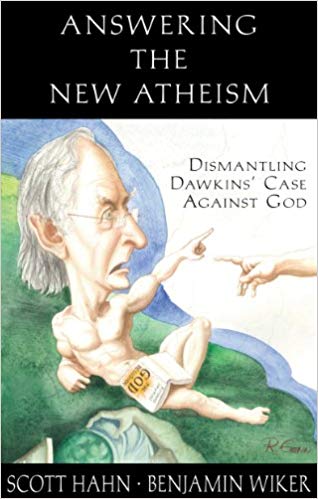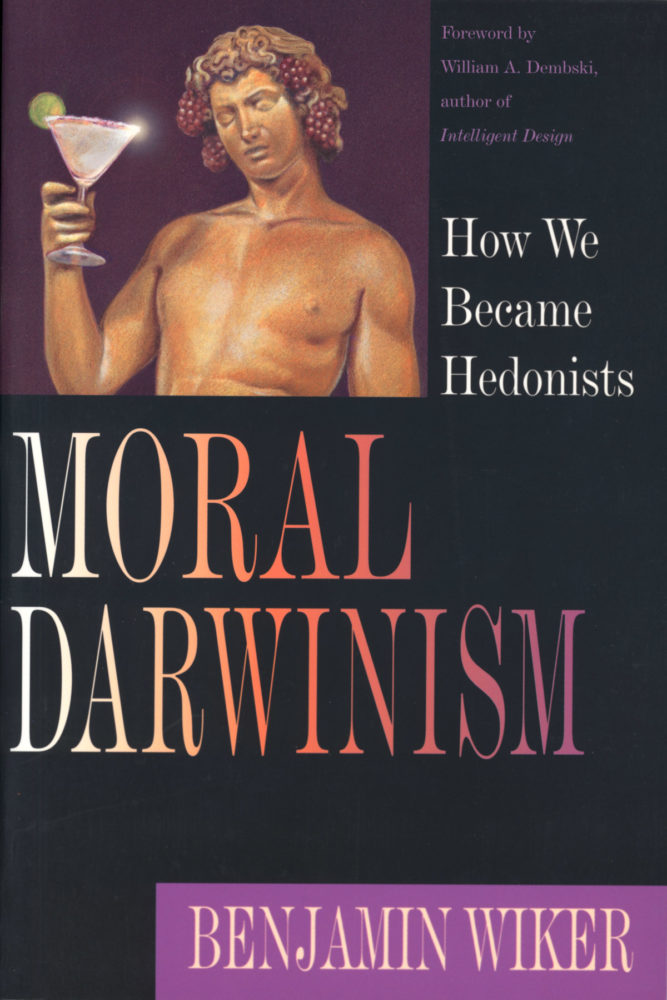
Benjamin Wiker holds a PhD in Theological Ethics from Vanderbilt University. A Senior Fellow at Discovery Institute's Center for Science and Culture, he has taught at Marquette University, St. Mary's University (MN), and Thomas Aquinas College (CA), and Franciscan University of Steubenville.
He is the author of 10 Books That Screwed Up the World: And 5 Others That Didn't Help (2008) and co-author of Answering the New Atheism: Dismantling Dawkins' Case Against God (2008).
Dr. Wiker writes regularly for a variety of journals.
He is the co-author with Jonathan Witt of A Meaningful World: How the Arts and Sciences Reveal the Genius of Nature (2006). He has also published Moral Darwinism: How We Became Hedonists (InterVarsity Press, 2002), The Mystery of the Periodic Table (Bethlehem Books, 2003), and Architects of the Culture of Death (Ignatius, 2004).
He lives with his wife and seven children in Ohio.
Archives


Legislating a Second Bill of Rights
Evolution is Not the Problem. Darwinism is the Problem.
Set My People Free
Celebrating the 150th Anniversary of Darwin’s Origin of Species

Benjamin Wiker on Darwin, the Man and the Myth

What Were Darwin’s Religious Views?

Darwin’s Views on Morality

Happy Birthday, Charles Darwin
Darwin the Abolitionist and Author of the Descent of Man
10 Books That Screwed Up the World: Part 2

Answering the New Atheism

10 Books That Screwed up the World: Part 1
Darwin and Hitler: In Their Own Words
The connection is too obvious to deny.Pope Benedict and Nature’s Genius

The Peacock Principle: Beauty, God, and Darwinism

A Meaningful World
How the Arts and Sciences Reveal the Genius of NatureDon’t Let Dogma Censor Teaching
The Problem of Evil

Mennonite Midwife Behind Bars
A Case of Overreach